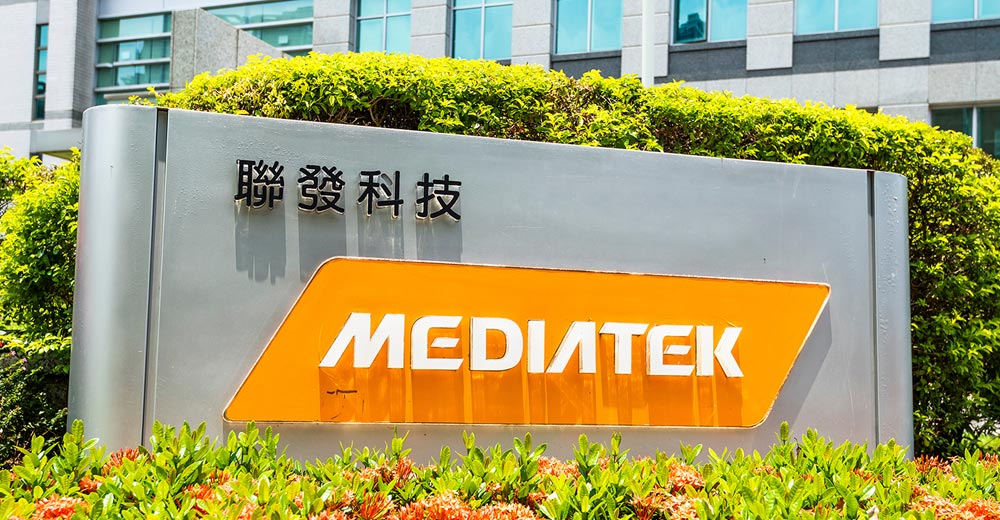Sales teams are tasked with nurturing leads and driving them to a sale. In order to do this, they need to maintain a clear record of communication with each prospect. This is especially important as the customer journey requires several touchpoints. At the beginning of a customer’s journey, it’s easy for a salesperson to handle introductions via phone. However, as customers get deeper into the journey, strategic face-to-face meetings must take place for success.
Strategic meetings are business-to-business meetings that can generate real business outcomes. They are often held face-to-face to close large deals and often include a company’s decision-makers. Examples include customer meetings, partner meetings, product demos, briefing center visits, interactions with the press, or time with analysts. Events provide a space for these meetings to take place.
Fifty-two percent of respondents to a recent Harvard Business Review study credited event marketing with driving more business value than other marketing channels. However, only 23 percent admitted they were able to calculate an ROI for events.
With the amount of money and clear value in events, it is essential to determine an ROI. This is where a CRM comes into play. Forty-five percent of companies responding to a recent survey said they used a CRM, but 17 percent of their salespeople found their biggest challenge to be a lack of integration with other tools. Integrating your CRM with a Meeting Automation Platform (MAP) allows companies to schedule, manage, and analyze B2B meetings at events.
What Is a Meeting Automation Platform?
A meeting automation platform is software that automates the workflow associated with meetings. It helps with the pre-meeting scheduling process of invitations, agendas, and reminders. It also assists the management of the meeting itself through check-in, monitoring of available and needed resources, and tracking its progress. Finally, it allows post-meeting analysis to take place. Surveys can be sent to attendees, metrics can be analyzed, records can be updated, and estimated revenue can be tracked. A meeting automation platform works best with integrations to an ecosystem of software, like a CRM.
The integration of a MAP and CRM is obviously most beneficial at an event where hundreds to thousands of meetings are taking place. Following are my thoughts on the benefits of integrating a MAP with your CRM and how it ultimately can fuel your pipeline at events.
The Benefits of CRM Integration
The primary benefit of integrating a MAP with your CRM is the ability to schedule meetings on the go. Strategic meetings are crucial to closing any deal, so you do not want to miss out on the chance to schedule one.
This integration allows sales teams to schedule meetings directly from their CRM on the account, opportunity, or leads pages.
Pre-schedule Meetings
Typically, a sales team has a target number of meetings to schedule at an event in order to close the deals they need. The problem at events is a large majority of the audience in attendance does not align with the target audience of your company. This is why it is helpful for the sales team to pre-schedule meetings at an event.
More strategic meetings scheduled increase the likelihood of opportunities turning into sales. A MAP and CRM integration is a great way to automate the management of the pre-scheduling process without ever leaving the CRM.
Tracking Meetings
Integrations with CRMs, particularly Salesforce, allow meetings to be recorded in the event campaign dashboard. This is beneficial for sellers, so they can include all of the data from the mentioned pages into the meeting request process. All the necessary information is captured both internally and externally.
As a result, when any internal invites go out, the mapped opportunity/customer info is in the body of the invite and acts as a briefing report. External attendees can be added automatically as members under the respective campaigns.
Tracking external attendees who participated in meetings under a campaign helps sellers follow up with buyers to turn opportunities into closed deals. After an event, the results of all meetings can be synced up within the CRM.
Eliminate Email and Calendar Redundancies
Meetings are crucial to the sales process, yet most CRMs do not aid in meeting management on their own. Account representatives constantly face the challenge of securing and confirming meetings. On average, the confirmation process can require up to 14 emails back and forth. This is a lot of wasted time and effort going back and forth between emails, calendars, and spreadsheets.
When a MAP is integrated into the CRM, it automates the sales team’s process. An account representative can request a meeting without leaving the CRM, and invites will be sent automatically.
Each meeting will have a detailed agenda to ensure meeting attendees are well prepared. If the internal attendees utilize a mobile app for their CRM, they can be updated on changes in the agenda through push notifications. This automation can be a huge time saver as the sales team prepares for an upcoming event.
Access Relevant Data
Obtaining the right data can help sales teams better serve their customers. All the necessary information for the meeting is stored and accessed in the CRM.
Sellers also can gain relevant and actionable insights into where each customer is in the sales pipeline. These insights can be pushed through reports and dashboards to help sellers secure deals, and marketers showcase ROI.
Prepare for Meetings
As you access relevant data, you can better prepare for each meeting. At events, you are on the go, and there are numerous meetings with different internal attendees and customers. This creates a lot of information to track.
CRMs provide insight into who the customer is and what is important to them as well as where they are at in the process of getting a deal finalized. This allows the sales team to make the best use of the time in front of the customer.
Determine Event Value
By combining their CRM with a MAP, marketers can assign a dollar amount to each meeting. This dollar amount is tracked throughout the sales process until a deal is completed, allowing teams to determine the revenue impacted not only by each meeting but also by the event as a whole.
At each event, various metrics can be used to determine value. For example, the average deal size helps the team determine which opportunities are more important to invest time in.
Another key metric is the time spent in meetings. An average B2B meeting could last anywhere from half an hour to multiple hours. Time is valuable to both parties, especially at an event. Tracking the average time of each meeting, combined with the people in attendance, can help you see if you are making the best use of your time in meetings.
Additionally, tracking provides insight into resource use. At any given event, you invest money into meeting rooms. You might find you are wasting money by renting rooms that are not being used. The MAP will track room usage and show if this is an area to cut costs for next year.
At the end of the day, integrating your CRM with a MAP further facilitates sales and marketing collaboration and reduces the time it takes to close a deal. There are numerous benefits to this integration. Whether it is scheduling meetings directly from your CRM, a seamless data transfer from the MAP to the CRM, or measuring the impacted revenue.
Automating the workflow associated with meetings can give sales and marketing teams valuable time to focus on other efforts, such as developing personalized content for the sales process. When less time is wasted for your team, and all attendees are provided with the necessary information, more quality strategic meetings can occur.














































Social CRM
See all Social CRM